High interest rates and soaring automotive prices contribute to a significant decline in demand
(more…)Category: Automotive
PkRevenue provides stories related to automotive industry. We focus on auto policy of Pakistan. The coverage also includes sales of domestic manufacturing.
-
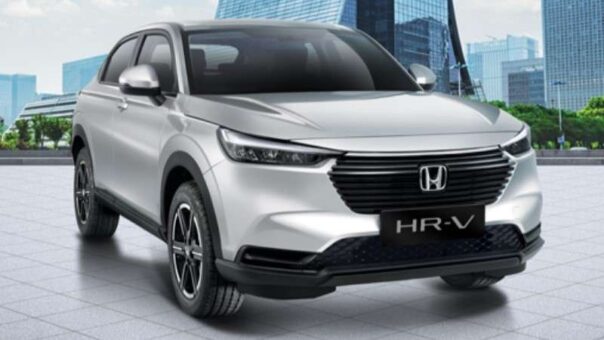
Latest prices of Honda HR-V in Pakistan
Following are the current retail selling prices for Honda HR-V trims in Pakistan, which were last updated on March 14, 2023. These prices have remained constant since then.
(more…) -
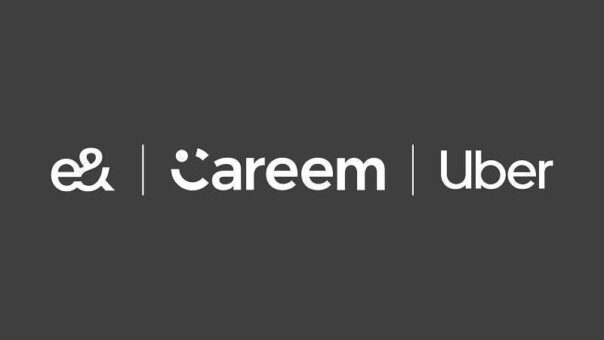
Internet blockage halts app-based car and ride-sharing services in Pakistan
In a bid to prevent potential protests following the arrest of former Prime Minister Imran Khan, the Pakistani government has implemented an internet blockage across the country. As a result, app-based car and ride-sharing services, including popular platforms such as Careem, Uber, in-Drive, and Bykea, are unable to provide services, a captain of app-based car services said on Thursday morning.
(more…) -
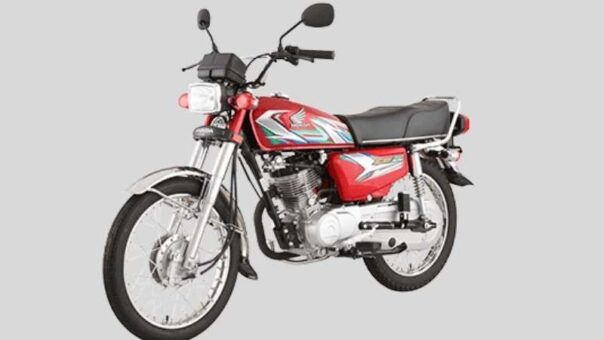
Bank Alfalah offers Honda motorcycles on instalment at zero markup
Bank Alfalah is providing an opportunity to purchase Honda motorcycles on instalment with zero markup for a maximum duration of six months. However, this offer is restricted to Honda CD 70 and Honda CG 125 models only.
(more…) -
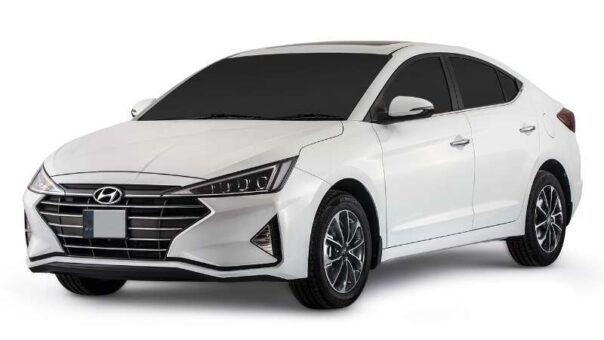
Latest prices of Hyundai Elantra in Pakistan
Following are the latest prices of Hyundai Elantra trims in Pakistan. These prices were last updated by Hyundai Pakistan on March 17, 2023 and have remained unchanged since then.
(more…) -
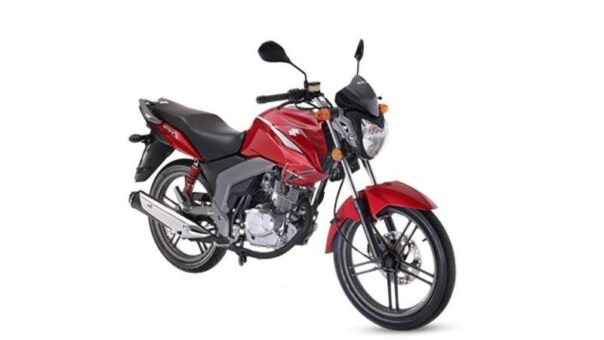
Pak Suzuki raises motorcycle prices from May 09
Pak Suzuki Motor Company announced to increase its motorcycle prices following the price hikes by Honda and United motorcycles in this month. The new prices are effective from May 09, 2023.
(more…) -
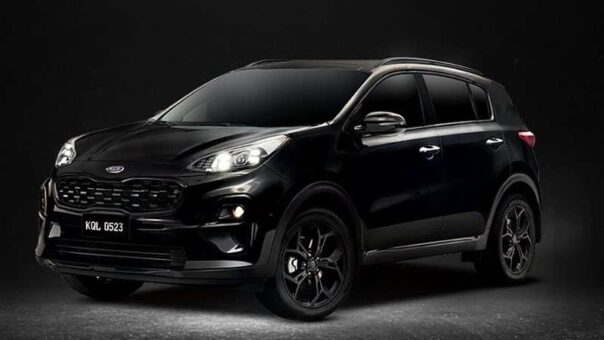
KIA unveils Sportage Black Limited Edition in Pakistan
KIA Pakistan has announced the launch of its new Sportage Black Limited Edition, which is a special version of the popular Sportage SUV.
(more…) -
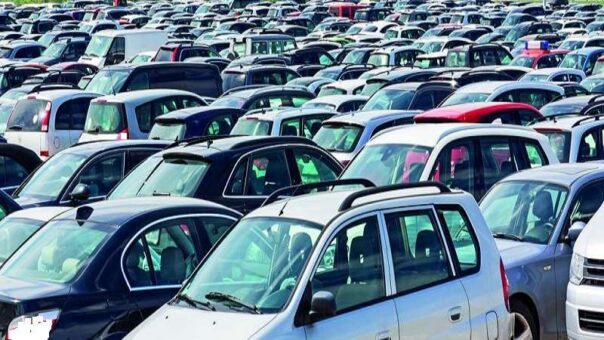
Motor vehicle tax collection declines to Rs24.87 billion in July – March
KARACHI: Collection of motor vehicle tax in Pakistan has declined by 9 percent to Rs24.87 billion during first nine months (July – March) 2022-2023 owing to challenging economic conditions hampering the growth in automotive industry.
(more…) -
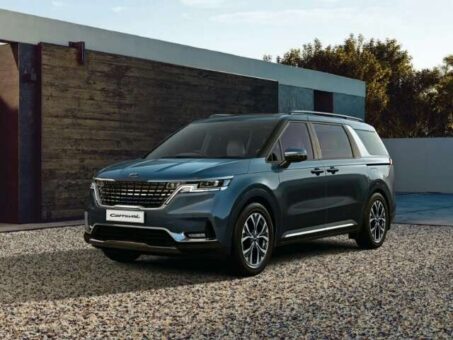
KIA increases car prices – KIA Carnival now costs Rs16,750,000
Lucky Motor Corporation (LMC) announced to increase prices of KIA vehicles amid poor economic conditions. The revised prices are effective from May 06, 2023.
(more…) -
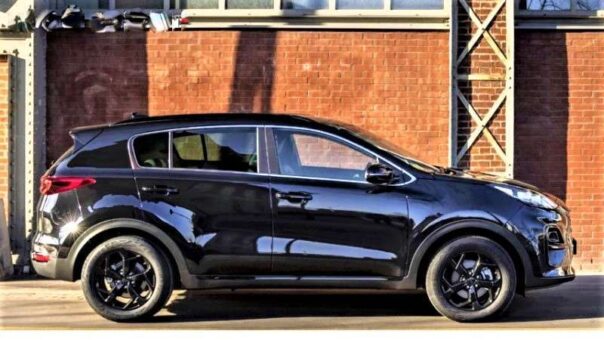
KIA to announce Sportage black edition in Pakistan
KIA Pakistan is going to announce the new Sportage black edition in Pakistan under its SUV lineup of KIA Sportage. Black Edition trim level typically includes a variety of blacked-out exterior and interior features.
(more…)